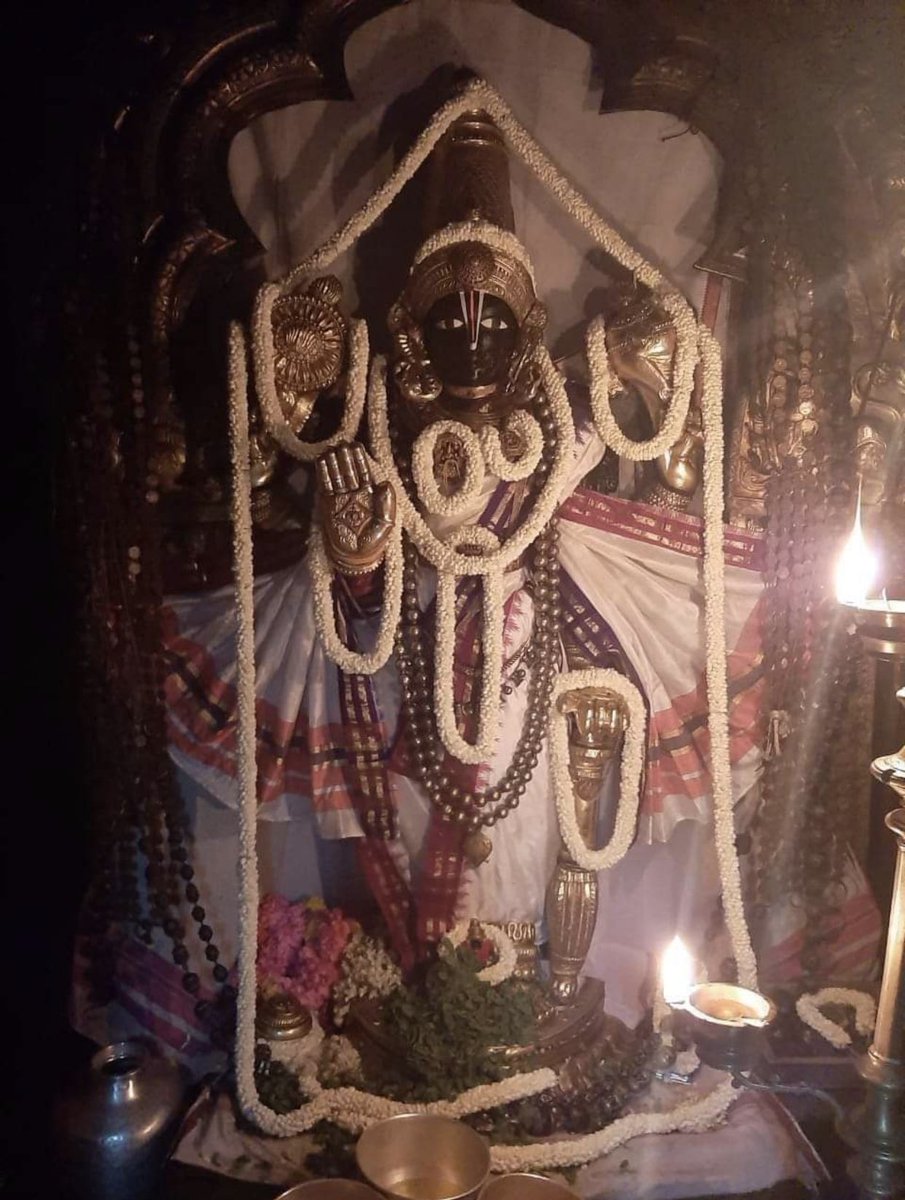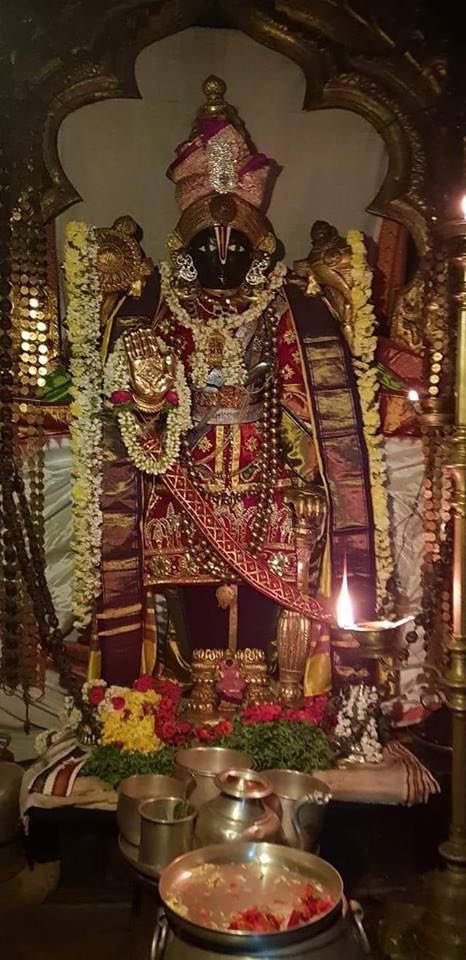1/ Thank you to everyone who expressed support for our immi launch and we're so grateful for all of you. As I think back to the past 18 months of this journey, I want to share one of the hardest parts of being a founder that I struggle with daily. 👇
More from Business
Former CEO and future former Chairman of ATT RandaII Stephenson fun facts:
>>was chairman of Boy Scouts of America
>>was mentored by CarIos SIim
>>subsequently promoted to CFO of “southwestern bell company” (former name of ATT)
>>quickly resolved $30B in debt
>>is on CFR
😲

https://t.co/wWjV2t3bVB
And he worked for Bush telecoms ? Damn. This is a jackpot
I’m guessing This expIosion wasn’t just some expIosion
https://t.co/s0i05aaWXt
Silver lake

Silver Lake Senior Leadership
https://t.co/YLaUtP8lQa

>>was chairman of Boy Scouts of America
>>was mentored by CarIos SIim
>>subsequently promoted to CFO of “southwestern bell company” (former name of ATT)
>>quickly resolved $30B in debt
>>is on CFR
😲

https://t.co/wWjV2t3bVB
And he worked for Bush telecoms ? Damn. This is a jackpot
I’m guessing This expIosion wasn’t just some expIosion
https://t.co/s0i05aaWXt
Silver lake

Silver Lake Senior Leadership
https://t.co/YLaUtP8lQa

There are 100s of threads on building and running startups.
Here are 10 that are pure gold:
Fund-raising is hard for all of us.
@justinkan shares some unique insights on how to do it well.
We rarely hear honest reflections from founders on what they messed up.
@apartovi shares his reflections on a deal that went wrong with Steve Jobs.
Some gems in this thread by @agazdecki on a wide variety of founder
shares some solid principles learned from building a multi-billion dollar business.
Here are 10 that are pure gold:
Fund-raising is hard for all of us.
@justinkan shares some unique insights on how to do it well.
I've raised over $150,000,000 as a founder, simply by being a good storyteller.
— Justin Kan (@justinkan) October 20, 2021
Here's how to get VC's to throw money at you:
We rarely hear honest reflections from founders on what they messed up.
@apartovi shares his reflections on a deal that went wrong with Steve Jobs.
As the world celebrated Steve Jobs\u2019s life last week, I recalled a lesson he taught me. My one meeting with Steve didn\u2019t end well. It\u2019s one of my most painful memories, and a warning to startup CEOs about the danger of taking hype too far. Here\u2019s the story. (1/n)
— Ali Partovi (@apartovi) October 10, 2021
Some gems in this thread by @agazdecki on a wide variety of founder
Here's 20 of my top startup tweets... \U0001f9f5
— Andrew Gazdecki (@agazdecki) October 16, 2021
shares some solid principles learned from building a multi-billion dollar business.
Over the last 5 years, I built a $4B company.
— Ryan Breslow \U0001f57a (@ryantakesoff) September 20, 2021
Sounds awesome right?
Not until recently.
I made every mistake imaginable.
The toughest part was getting my head right.
Here are the 12 mindset rules that I\u2019ve developed.
You May Also Like
Speech Delay is most common in children nowadays
In ancient times, our grandparents used to follow typical natural way of caring the needs of a child. All they used were more of natural products than chemical based for the growth of child.

One of major step followed was to feed Gurbach Jadd/ Vasa Kommu/ Acorus Calamus for initiating good speech ability in a child. This stem was needed to babies on Tuesdays and Sundays in mother's milk.
Vasa is feed to baby after the 1st bath on 12th day in week. Weekly only thrice it is fed and named as :
Budhwar - Budhi Vasa
Mangalwar - Vaak Vasa
Ravi Vaar - Aayush Vasa
This stem is burnt and rubbed against the grinding stone in mother's milk or warm water to get a paste

The procedure to make it is in the link
https://t.co/uo4sGp7mUm
It should not be given daily to the child. Other main benefits are
1. It clears the phlegm in child's throat caused due to continuous milk intake. It clears the tracts and breathing is effortless.
2. Digestion
For children who haven't got their speech and is delayed than usual should feed this vasa on these days in week atleast for 6months. Don't get carried away with this dialogue
"Some gain speech little late"
In ancient times, our grandparents used to follow typical natural way of caring the needs of a child. All they used were more of natural products than chemical based for the growth of child.

One of major step followed was to feed Gurbach Jadd/ Vasa Kommu/ Acorus Calamus for initiating good speech ability in a child. This stem was needed to babies on Tuesdays and Sundays in mother's milk.
Vasa is feed to baby after the 1st bath on 12th day in week. Weekly only thrice it is fed and named as :
Budhwar - Budhi Vasa
Mangalwar - Vaak Vasa
Ravi Vaar - Aayush Vasa
This stem is burnt and rubbed against the grinding stone in mother's milk or warm water to get a paste

The procedure to make it is in the link
https://t.co/uo4sGp7mUm
It should not be given daily to the child. Other main benefits are
1. It clears the phlegm in child's throat caused due to continuous milk intake. It clears the tracts and breathing is effortless.
2. Digestion
For children who haven't got their speech and is delayed than usual should feed this vasa on these days in week atleast for 6months. Don't get carried away with this dialogue
"Some gain speech little late"



















